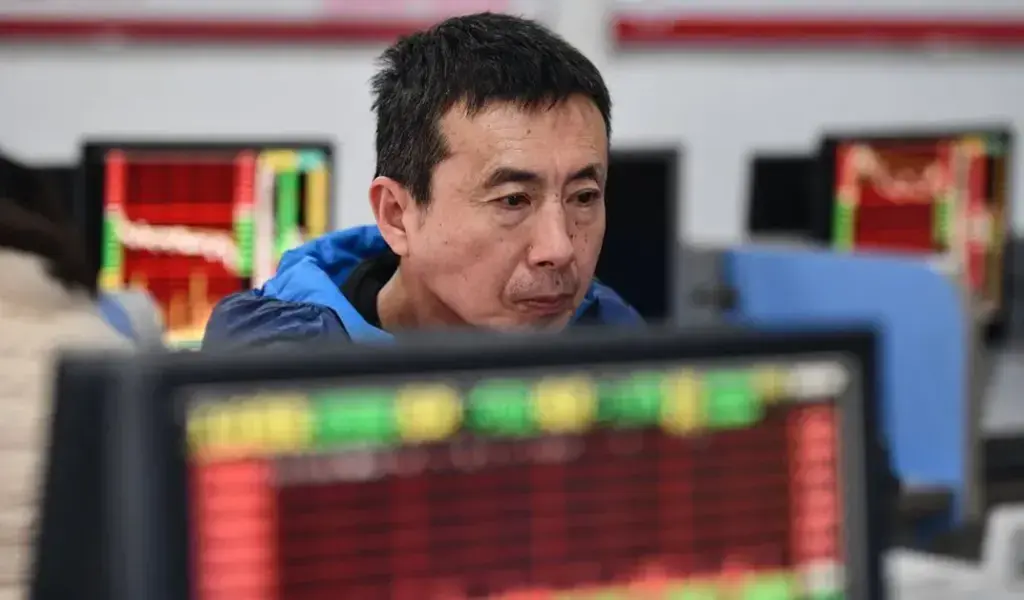(CTN News) – China has tightened banking industry regulations as the government seeks to stem a widening sell-off in the world’s second-largest economy.
Since their highest point three years ago, Chinese and Hong Kong equities have lost about $6 trillion (£4.7 trillion).
According to the China Securities Regulatory Commission (CSRC), the reforms will result in “a fairer market order”.
The new laws will impose limits on so-called “short-selling” beginning Monday.
Short selling occurs when a trader predicts that a stock or other asset will lose value. They borrow and sell the asset right away, to buy it back later at a cheaper price and keep the difference.
Short-selling supporters argue that it can play a significant role in financial markets by determining an asset’s true value.
However, some detractors regard short selling as a cruel trading tactic that harms businesses.
Signs of Economic Slowdown Emerge in China
The CSRC’s recent move follows some informal steps implemented by the regulator over the last year that accomplished little to strengthen financial markets.
The CSRC stated that after “a complete suspension of the lending of restricted stocks,” which goes into effect today, other restrictions on securities lending would be implemented on March 18.
Last week, the country’s premier, Li Qiang, urged authorities to adopt more “forceful” efforts to stabilise stock markets.
The sell-off in China’s stock market comes as some investors are anxious that the country’s economy will see a prolonged period of weak development.
The Chinese property market is at the heart of the country’s economic issues. For two decades, the industry grew and accounted for one-third of the country’s total wealth.
However, when the government limited how much developers could borrow in 2020, they began to owe billions that they could not repay.
The problem began when property company Evergrande defaulted in 2021 after failing to meet a critical repayment date.
A court in Hong Kong ordered the firm to liquidate on Monday, causing its shares to fall by more than 20% before trading was paused.
The real estate sector’s problems have also revealed flaws with the country’s so-called “shadow banks,” which have lent billions of dollars to developers.
Shadow banks operate similarly to ordinary banks but are not subject to the same rules.
In November, Chinese regulators initiated an inquiry into “suspected illegal crimes” at one of the country’s largest shadow banks, Zhongzhi Enterprise Group, which declared bankruptcy earlier this month.
There are also other signs that China’s once-booming economy is slowing dramatically.
Official estimates reveal that the GDP grew by more than 5% in 2023. While this is faster growth than many other major economies, it is significantly slower than China experienced before the pandemic.
Meanwhile, the country’s exports, which have contributed significantly to economic growth, decreased last year.
At the same time, young unemployment reached a new high while local government debt soared.






